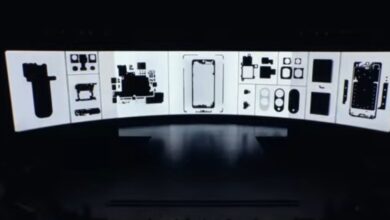Navigating the Impact of Technology on Modern Tourism: Benefits and Challenges
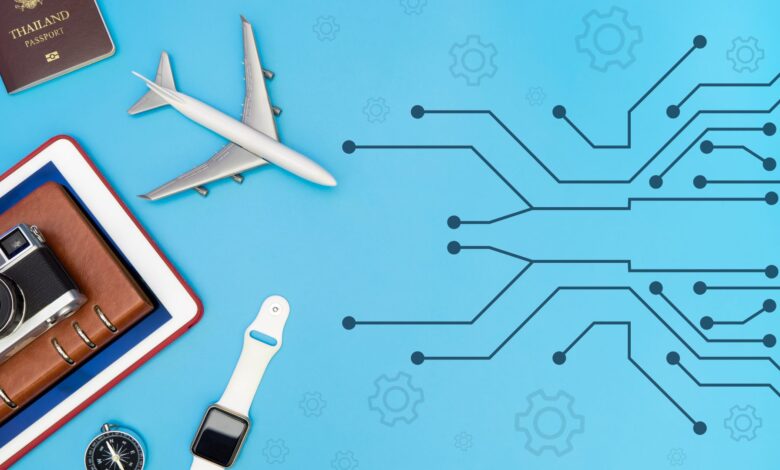
Technology on Modern Tourism: In today’s interconnected world, technology has become a fundamental part of almost every sector, and the tourism industry is no exception. Technology integration into tourism has revolutionized how travelers plan, book, and experience their trips. While this transformation has brought numerous benefits, it has also introduced several challenges. This article explores the advantages and disadvantages of technology in the tourism industry, providing a comprehensive analysis to help stakeholders navigate the evolving landscape of travel and technology.
The tourism industry, a vital sector contributing significantly to global economies, has seen dramatic changes with the advent of technology. Technology has reshaped how tourism operates from online booking systems to virtual reality tours. Understanding the positive and negative aspects of these changes is essential for maximizing the benefits while addressing potential drawbacks.
2. Advantages of Technology in the Modern Tourism Industry
2.1 Enhanced Convenience for Travelers
Online Booking Systems: Technology has streamlined the booking process. Online travel agencies (OTAs) and mobile apps allow travelers to book flights, accommodations, and activities from anywhere at any time. This convenience reduces the need for travel agents and provides instant access to a vast array of options.
Smartphones and Mobile Apps: With smartphones, travelers have access to maps, translation services, and booking apps all in one device. Mobile apps also offer real-time updates on flight statuses, hotel check-ins, and local attractions, making travel smoother and more manageable.
2.2 Improved Customer Experience
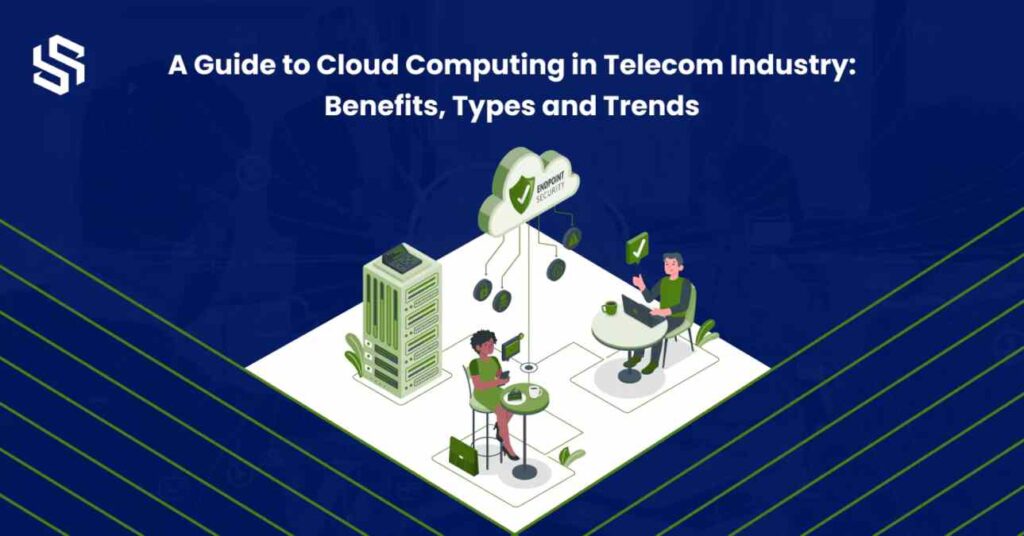

Personalization: Technology on Modern Tourism enables personalized travel experiences. Data analytics and machine learning algorithms help tailor recommendations based on past behavior and preferences. For instance, a traveler’s previous searches and bookings can influence suggestions for future trips, enhancing satisfaction and engagement.
Virtual Tours and Augmented Reality (AR): Before booking, travelers can explore destinations through virtual tours and AR experiences. These technologies provide immersive previews of hotels, attractions, and destinations, helping travelers make more informed decisions.
2.3 Efficiency and Cost Savings
Automated Systems: Automation in various aspects of travel, such as check-ins and customer service through chatbots, reduces wait times and operational costs. Automated systems streamline processes, freeing up staff to focus on more complex tasks and enhancing overall efficiency.
Dynamic Pricing: Technology on Modern Tourism facilitates dynamic pricing models that adjust rates based on demand, time of booking, and other factors. This flexibility benefits both travelers, who can find better deals, and businesses, which can optimize revenue.
2.4 Enhanced Marketing and Reach
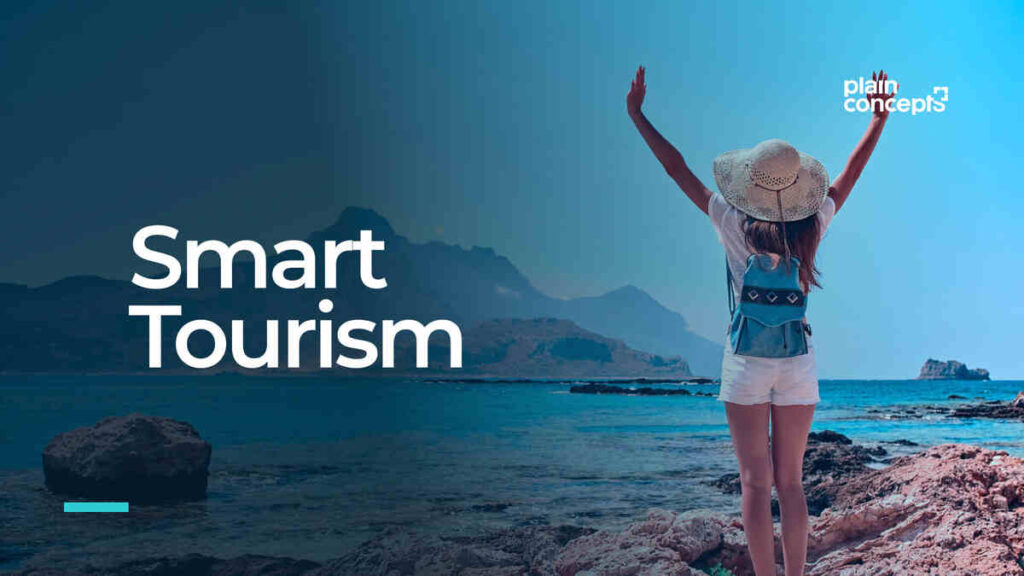
Digital Marketing: Social media platforms, search engine optimization (SEO), and targeted advertising enable tourism businesses to reach a global audience more effectively. Digital marketing strategies help businesses engage with potential customers through content that resonates with their interests.
Influencer Collaborations: The rise of travel influencers and bloggers has opened new avenues for marketing. Influencers share their travel experiences with large audiences, providing authentic endorsements that can drive interest and bookings.
2.5 Better Data Collection and Insights
Analytics Tools: Technology on Modern Tourism provides robust tools for collecting and analyzing data related to customer behavior, preferences, and trends. Businesses use this data to make informed decisions, improve services, and identify new opportunities in the market.
Customer Feedback: Online reviews and feedback mechanisms offer real-time insights into customer satisfaction. This information helps businesses address issues promptly and adapt to changing expectations.
3. Disadvantages of Technology in the Tourism Industry
3.1 Overreliance on Technology on Modern Tourism
Technical Issues: Dependence on technology can lead to disruptions when systems fail. Technical glitches, cybersecurity breaches, or server outages can severely impact bookings, customer service, and overall operations.
Loss of Human Interaction: As technology takes over more functions, the human element of travel can diminish. Personalized service and local knowledge provided by human staff might be lost, potentially affecting the quality of the travel experience.
3.2 Privacy and Security Concerns
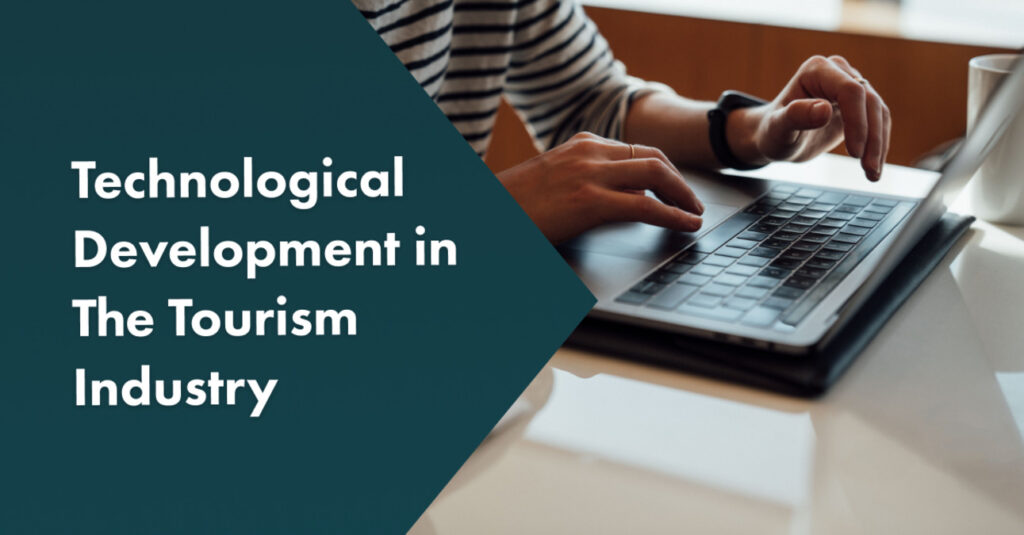
Data Privacy: The collection of personal data for targeted marketing and personalized services raises privacy concerns. Travelers are increasingly worried about how their data is used and safeguarded, with breaches potentially leading to identity theft or fraud.
Cybersecurity Threats: The tourism industry is a prime target for cyberattacks due to the vast amount of personal and financial information involved. Ensuring robust cybersecurity measures is essential to protect sensitive data from unauthorized access.
3.3 Environmental Impact
Increased Travel Activity: Technology-driven convenience can lead to increased travel activity, contributing to environmental issues such as carbon emissions. The ease of booking and accessibility of travel information might encourage more frequent and longer trips.
Resource Consumption: The production and maintenance of technological infrastructure require significant resources. Data centers, electronic devices, and other tech-related components contribute to environmental strain and resource depletion.
3.4 Inequality and Accessibility Issues
Digital Divide: Not all travelers have equal access to Technology on Modern Tourism. The digital divide can create disparities in travel opportunities, with some individuals lacking the means to benefit from technological advancements in tourism.
Accessibility Challenges: While technology can improve accessibility, it can also create barriers for those unfamiliar with or unable to use digital tools. This can be particularly challenging for older travelers or those with disabilities.
3.5 Market Saturation and Competition
Intense Competition: Technology lowers barriers to entry, leading to increased competition in the tourism market. This saturation can make it challenging for smaller businesses to stand out and compete with larger, tech-savvy companies.
Price Wars: The dynamic pricing models enabled by technology can lead to aggressive price competition. While this can benefit consumers, it may pressure businesses to lower prices unsustainably, affecting profitability.
4. Balancing Technology on Modern Tourism and Traditional Practices
To maximize the benefits of technology in the tourism industry while mitigating its drawbacks, a balanced approach is essential.
Integrating Human Touch: Combining technology with personalized human interaction can enhance the overall travel experience. For instance, providing digital tools alongside knowledgeable staff ensures that travelers receive both convenience and expert advice.
Ensuring Data Security: Investing in robust cybersecurity measures and transparent data privacy policies helps build trust with travelers. Businesses should prioritize safeguarding personal information and addressing privacy concerns proactively.
Promoting Sustainable Practices: Tourism businesses can adopt sustainable practices to mitigate the environmental impact of technology. This includes implementing energy-efficient technologies, supporting eco-friendly travel options, and encouraging responsible tourism.
Addressing Accessibility: Efforts should be made to ensure that technology is accessible to all travelers. This includes developing user-friendly interfaces and providing alternative options for those who may struggle with digital tools.
Emphasizing Unique Selling Points: To stand out in a competitive market, businesses should leverage their unique selling points beyond technology. Offering exceptional service, unique experiences, and local expertise can differentiate a business from its competitors.
Technology has undeniably transformed the tourism industry, offering significant advantages such as enhanced convenience, improved customer experiences, and greater efficiency. However, it also presents challenges related to overreliance, privacy concerns, and environmental impact.
By understanding and addressing these advantages and disadvantages, tourism businesses can harness the power of Technology on Modern Tourism while maintaining a focus on sustainability, accessibility, and customer satisfaction. As technology continues to evolve, the tourism industry must adapt and innovate to meet the changing needs and expectations of travelers.
Read More: Technology Impacts Our Lives





